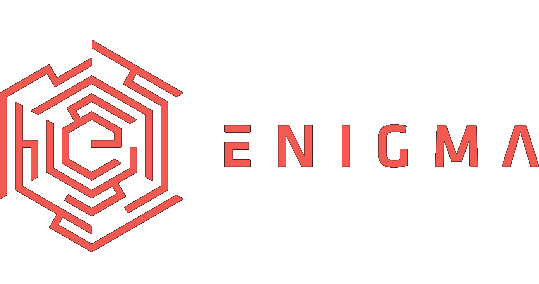Avi Rubin, Professor, Johns Hopkins University
How is healthcare IT security different from all other application? Let me count the ways. You’ve got doctors with god complexes, regulators who sometimes do and sometimes don’t understand the impact of their decisions, patients who want access to their medical data in real time on their mobile device (and make sure nobody else can see it), and entrepreneurs churning out new devices, systems and protocols at warp speed. At the same time, health data is moving to the cloud, medical devices are connecting to the Internet, and technology has become wearable. How are we supposed to secure anything in this environment?!? We’ll talk.
Avi Rubin, Professor, Johns Hopkins University

Dr. Aviel (Avi) D. Rubin is Professor of Computer Science and Technical Director of the Information Security Institute at Johns Hopkins University. He is also the Director of the JHU Health and Medical Security Lab. Prior to joining Hopkins, Rubin was a research scientist at AT&T Labs. He testified about information security before the U.S. House and Senate on multiple occasions, and he is the author of several books about computer security. Rubin is a frequent keynote speaker at industry and academic conferences, and he delivered a widely viewed TED talk in 2011 and a more recent TED talk in September, 2015. He also testified in federal court as an expert witness on numerous occasions in matters relating to high tech litigation. Rubin served as Associate Editor of IEEE Transactions on Information Forensics and Security, Associate Editor of Communications of the ACM (CACM), and an Advisory Board member of Springer's Information Security and Cryptography Book Series. On his last Sabbatical, Rubin was a Fulbright Scholar at Tel Aviv University. In January 2004, Baltimore Magazine named Rubin a Baltimorean of the Year for his work in safeguarding the integrity of our election process, and he is also the recipient of the 2004 Electronic Frontiers Foundation Pioneer Award. Rubin has a B.S, ('89), M.S.E ('91), and Ph.D. ('94) from the University of Michigan.
Open Access Media
USENIX is committed to Open Access to the research presented at our events. Papers and proceedings are freely available to everyone once the event begins. Any video, audio, and/or slides that are posted after the event are also free and open to everyone. Support USENIX and our commitment to Open Access.

author = {Avi Rubin},
title = {Hacking Health: Security in Healthcare {IT} Systems},
year = {2016},
address = {San Francisco, CA},
publisher = {USENIX Association},
month = jan
}


